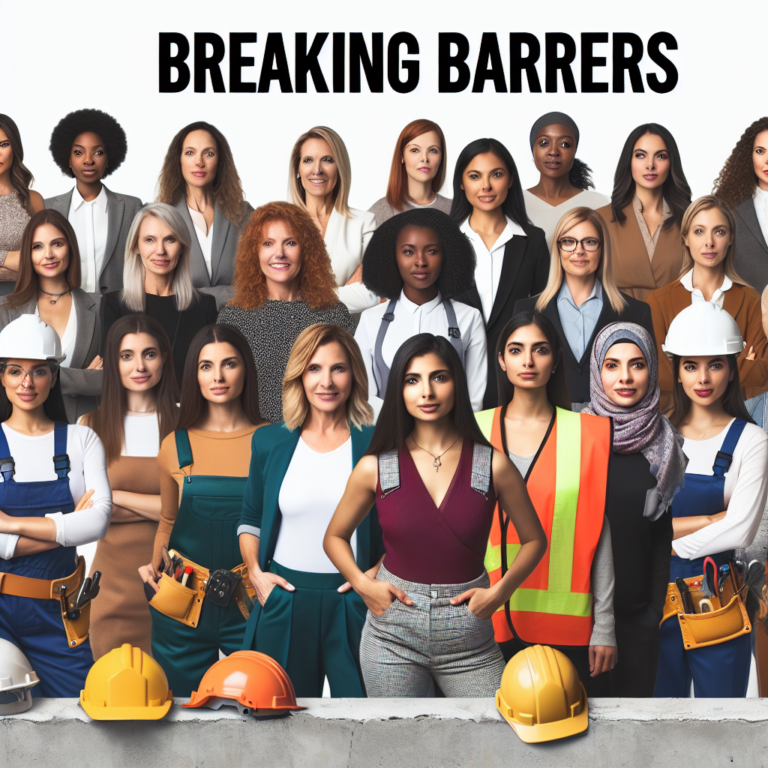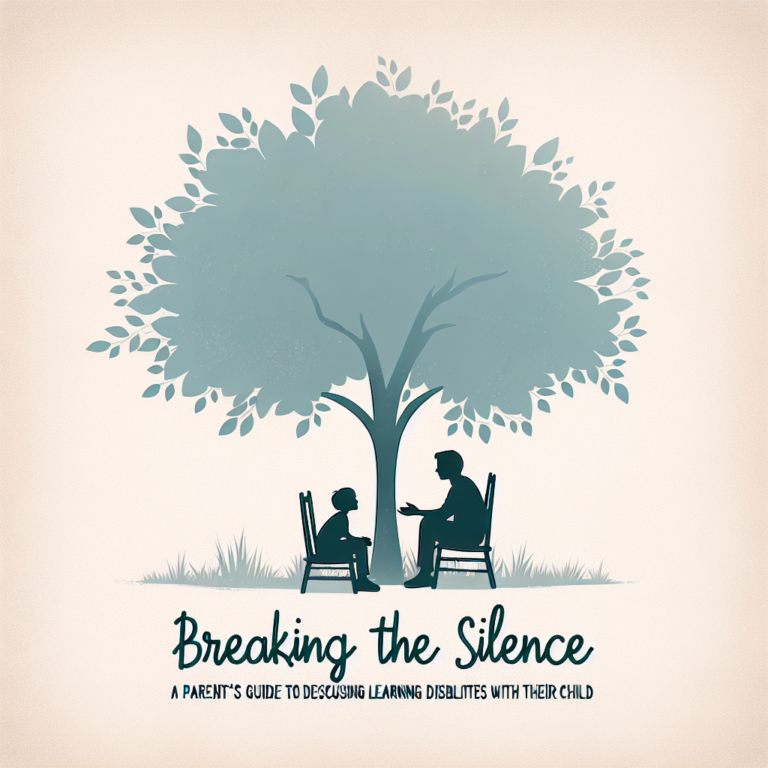
Introduction
In recent years, conversations around gender identity have become more prevalent in society. Among these discussions, the topic of Trans Rights and Awareness: Addressing Gender Dysphoria in Society stands out due to its profound implications for the well-being of countless individuals. Gender dysphoria can cause emotional turmoil for those who feel misaligned with their assigned gender at birth. Addressing this disconnect is not just a matter of personal well-being, but a collective societal responsibility to promote inclusivity and understanding.
This article aims to shed light on the complexities surrounding gender dysphoria, the importance of trans rights, and raise awareness about the challenges faced by transgender individuals. By diving deep into these interrelated topics, we hope to foster an environment that is not only understanding but also actively supportive of the trans community.
Understanding Gender Dysphoria
What Is Gender Dysphoria?
Gender dysphoria refers to the emotional and psychological distress experienced when an individual’s gender identity does not align with their assigned sex at birth. This incongruence can manifest in various ways, including anxiety, depression, and feelings of isolation. To illustrate this, consider the case of Alex, a 22-year-old transgender man. After years of feeling uncomfortable in his body, he sought professional help and was diagnosed with gender dysphoria. This diagnosis was a pivotal moment for him; it validated his experiences and opened the door to treatment options such as hormone therapy.
The Impact of Discomfort
The experience of gender dysphoria varies from person to person. For some, it may be a fleeting discomfort, while for others, it can be a significant source of mental anguish. According to studies published in the American Journal of Psychiatry, individuals with gender dysphoria are at a higher risk for anxiety and depression, particularly in unsupportive environments. The Trans Rights and Awareness: Addressing Gender Dysphoria in Society initiative advocates for greater understanding and support systems to aid those experiencing dysphoria.
The Importance of Trans Rights
Legal Protections
Transgender individuals face numerous legal challenges that can affect their quality of life, ranging from workplace discrimination to access to healthcare. Articles by organizations like the Human Rights Campaign highlight cases where individuals have lost their jobs simply for being transgender. Legislative measures like the Equality Act in the U.S. aim to extend protections to prevent discrimination based on gender identity.
Case Study: The Equality Act
In 2021, the U.S. Congress introduced the Equality Act, aimed at prohibiting discrimination based on sexual orientation and gender identity. For trans individuals like Jamie, a 30-year-old woman from Texas who faced discrimination at work, this legislation represents hope for a future free from injustices linked to their gender identity. Such policies lend support to Trans Rights and Awareness: Addressing Gender Dysphoria in Society by creating a safer environment for all, irrespective of their gender identity.
Social Acceptance and Cultural Awareness
While legal protections are essential, social acceptance is equally crucial. Awareness campaigns have emerged globally to educate people about gender identity and rights. These campaigns not only inform but also challenge stereotypes and stigma associated with the trans community.
Case Study: Awareness Campaign in Schools
One particular campaign, “#TransVisibility,” directed at middle and high school students, educates them on current issues facing the transgender community. Students participate in workshops and discussions aimed at fostering a supportive atmosphere. Feedback from participants, like Noah, shows a significant reduction in bullying incidents and an increase in allyship. This aligns perfectly with the objectives outlined in Trans Rights and Awareness: Addressing Gender Dysphoria in Society, showing how cultural shifts can help trans individuals feel safe and accepted.
Challenges Faced by the Trans Community
Mental Health Issues
Mental health is a pressing concern within the trans community. The American Psychological Association reports that individuals with gender dysphoria often experience high levels of anxiety and depression, primarily exacerbated by societal stigma and discrimination.
Statistics on Mental Health
| Issue | Percentage of Trans Individuals Affected |
|---|---|
| Anxiety | 41% |
| Depression | 37% |
| Suicidal Ideation | 40% |
This data highlights the urgent need for Trans Rights and Awareness: Addressing Gender Dysphoria in Society, signaling a call to action for mental health resources tailored specifically to support the trans community.
Healthcare Access
Access to appropriate healthcare is a fundamental right that many transgender individuals struggle to attain. Many face discrimination or lack of understanding from healthcare providers, complicating their ability to seek necessary treatment.
Case Study: Healthcare Experiences
Lila, a 29-year-old transgender woman, found it challenging to access hormone therapy due to her insurance not covering her needs. She faced numerous barriers before finding supportive healthcare providers trained in trans health. This aligns with growing calls for Trans Rights and Awareness: Addressing Gender Dysphoria in Society, advocating for healthcare systems that understand and cater to the unique needs of trans individuals.
The Role of Education and Advocacy
Educational Initiatives
Education is a powerful tool in combating discrimination and fostering understanding. Schools and workplaces that implement diversity training can significantly shift perceptions and attitudes.
Case Study: Diversity Training in Workplaces
A tech company in San Francisco initiated a diversity training program, focused specifically on trans issues. After the program, there was a marked improvement in workplace attitudes, with 70% of staff reporting increased understanding of trans rights. This directly ties into the framework of Trans Rights and Awareness: Addressing Gender Dysphoria in Society, showing the tangible benefits of educational initiatives.
Community and Allyship
Building a supportive community is crucial for individuals experiencing gender dysphoria. Allies play a vital role in advocating for trans rights and fostering an inclusive environment. Groups like PFLAG have been instrumental in providing resources and support for families and allies of the trans community.
Case Study: Family Support Groups
Family support groups led by organizations like PFLAG can help bridge the gap between individuals and their families. Parents of trans individuals often report feeling lost, and having a community to discuss their feelings creates a safe space for conversation. This directly impacts the well-being of those experiencing gender dysphoria, as family acceptance is linked to better mental health outcomes.
Conclusion
Addressing gender dysphoria and advocating for trans rights should not be seen as isolated issues but rather as parts of a larger societal transformation towards inclusivity. The journey toward understanding and supporting the trans community is ongoing and requires commitment from each one of us.
Incorporating Trans Rights and Awareness: Addressing Gender Dysphoria in Society into our everyday conversations can lead to a profound positive shift. We can create a supportive environment by engaging in educational initiatives, advocating for legal protections, and fostering understanding through open dialogue.
We must challenge misconceptions, advocate for comprehensive resources, and most importantly, stand in solidarity with the trans community. The future is indeed brighter for those willing to embrace acceptance and understanding.
FAQs
1. What is gender dysphoria?
Gender dysphoria is the discomfort or distress that may occur when a person’s gender identity does not align with their sex assigned at birth.
2. What can individuals do to support trans rights?
Individuals can educate themselves about the trans community, advocate for inclusive policies, and engage in allyship by standing up against discrimination.
3. How does societal acceptance impact mental health for trans individuals?
Greater societal acceptance has been linked to lower rates of anxiety and depression among trans individuals. Acceptance from family and peers is crucial for their mental well-being.
4. Are there specific healthcare services for transgender individuals?
Yes, many healthcare facilities now provide gender-affirming services, including hormone therapy and mental health support tailored to the needs of transgender individuals.
5. How can I get involved in advocating for trans rights?
You can volunteer with local LGBTQ+ organizations, participate in awareness campaigns, or join advocacy groups focused on trans rights to make a difference.
By working together, we can create a society where everyone’s identity is acknowledged and respected. Let’s keep the conversation going, educate ourselves and those around us, and strive for a world where Trans Rights and Awareness: Addressing Gender Dysphoria in Society is not just a movement but a norm.















